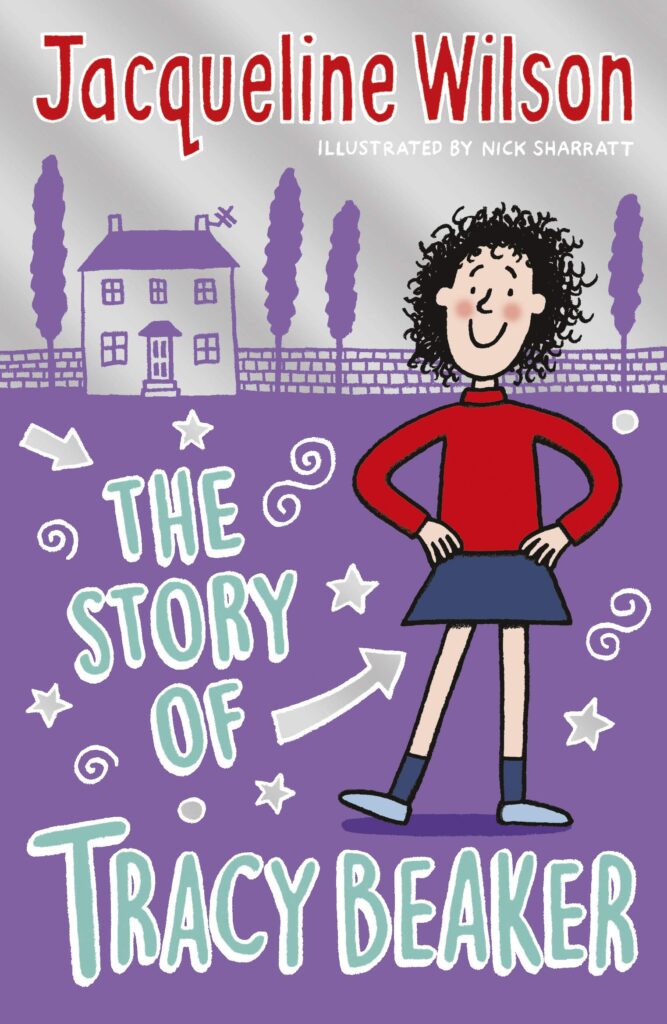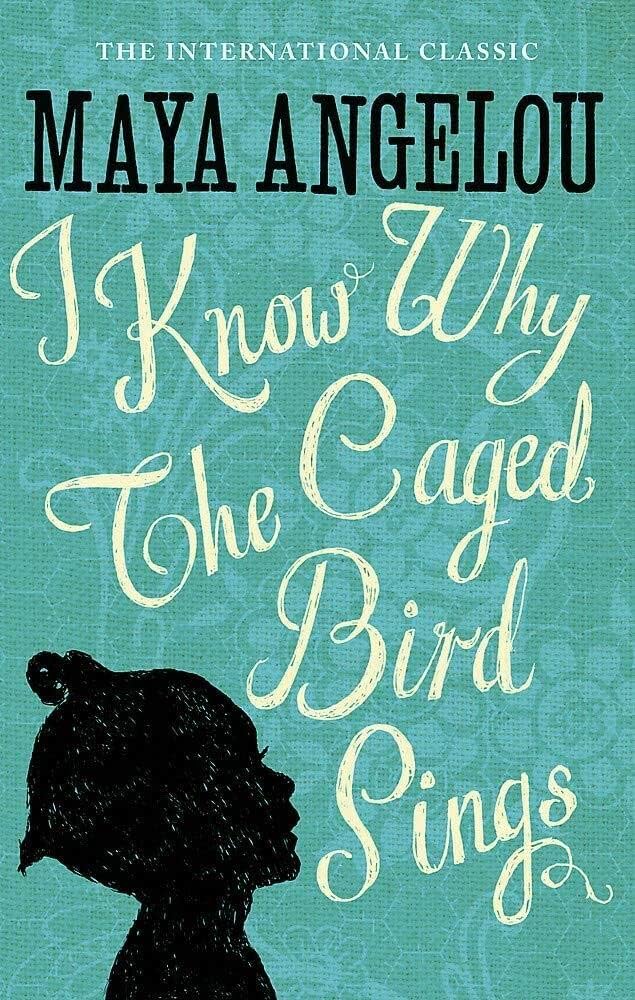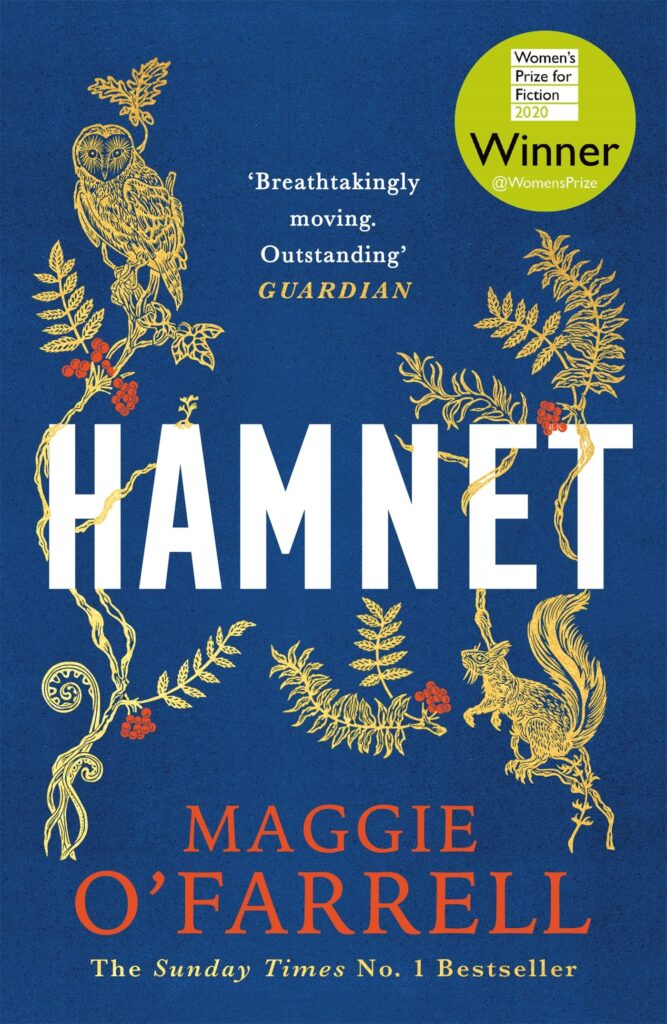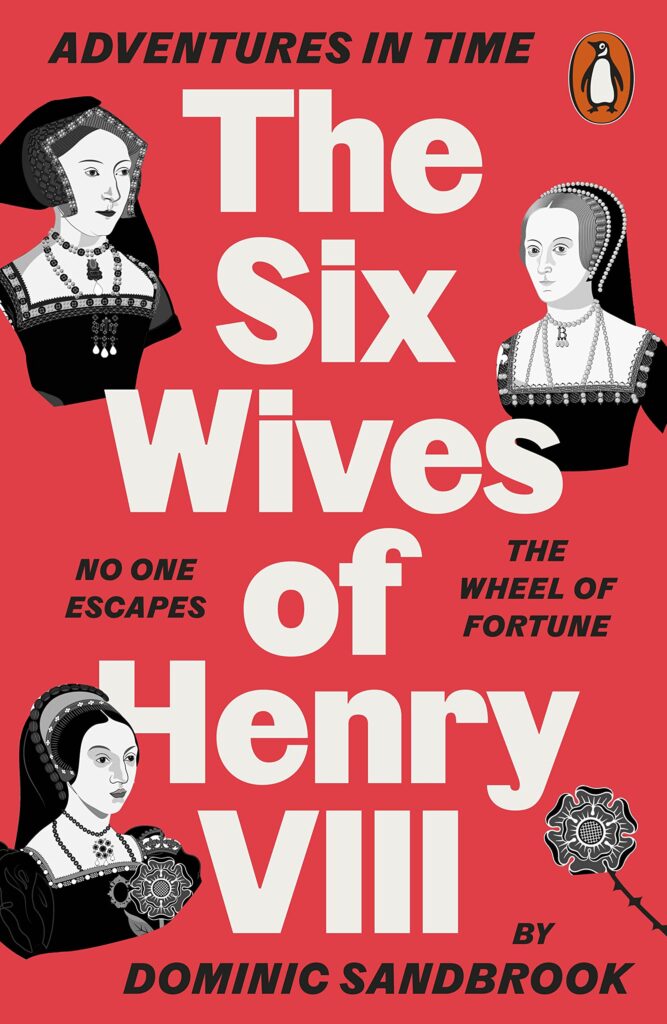This week’s Bookshelfie episode features a little bit of ginger and a little bit of spice! Our terrific host Vick is joined by the thoughtful, imaginative, history-buff that is Geri Halliwell Horner. Geri sat down with Vick to discuss women in history, how her reading and writing process are interlinked, and how important it is for Girl Power to live on.

“Jacqueline Wilson. I think she’s incredible, she’s absolutely incredible. And what I like about this writing first and foremost is that it’s not airbrushed, it’s scratchy, it’s real, but done in a very digestible manner around topics that you might find a bit uncomfortable… for any child pick up [this] book, there’s something very fresh about it, it’s of our time as well.”

“She turned her, politely put, she turned her her poop to fertiliser…she owned her power through very, very difficult, situations, she turned it into power, she’s so inspiring. I always think, sometimes through literature, it can be the voice for the voiceless. You see, she’s empowered others, through her own honesty, through her own, trauma, and to have the courage to share is incredible.”

“If you love books, I would say you will love this book. It’s absolutely brilliant. For so many reasons, first of all, it’s really clever the idea, written from the point of view of Shakespeare’s wife, Agnes. Agnes is seen as wild and misunderstood and that’s interesting in itself. It’s really original and this book tore my heart open…I studied Hamlet at school, so to tie so cleverly, to put that sort of the iceberg, the undertones, of why Shakespeare wrote that.”

“I think you can feel the way it’s written, I found it quite cold in certain ways. She’s not gushing. She’s not the most emotive writer, however, you sort of get a sense of her loneliness and, how curt it is, so I felt a bit sorry for her. She’s having to clip herself and be very contained. But then she is quite stoic… and she had the courage to write it like that.”

“What I like about this book, you get an understanding, it’s simply put, it’s not indulgent. And so you get a handle of each queen and they’re humanised as well… as soon as he felt that [Anne Boleyn] was wielding too much power, he was like, get rid of her, get rid of her. And so her power is rising. And let’s face it, haven’t you seen it? Even in modern days? Everyone hates it when the wife is having too much influence on the leader.”








